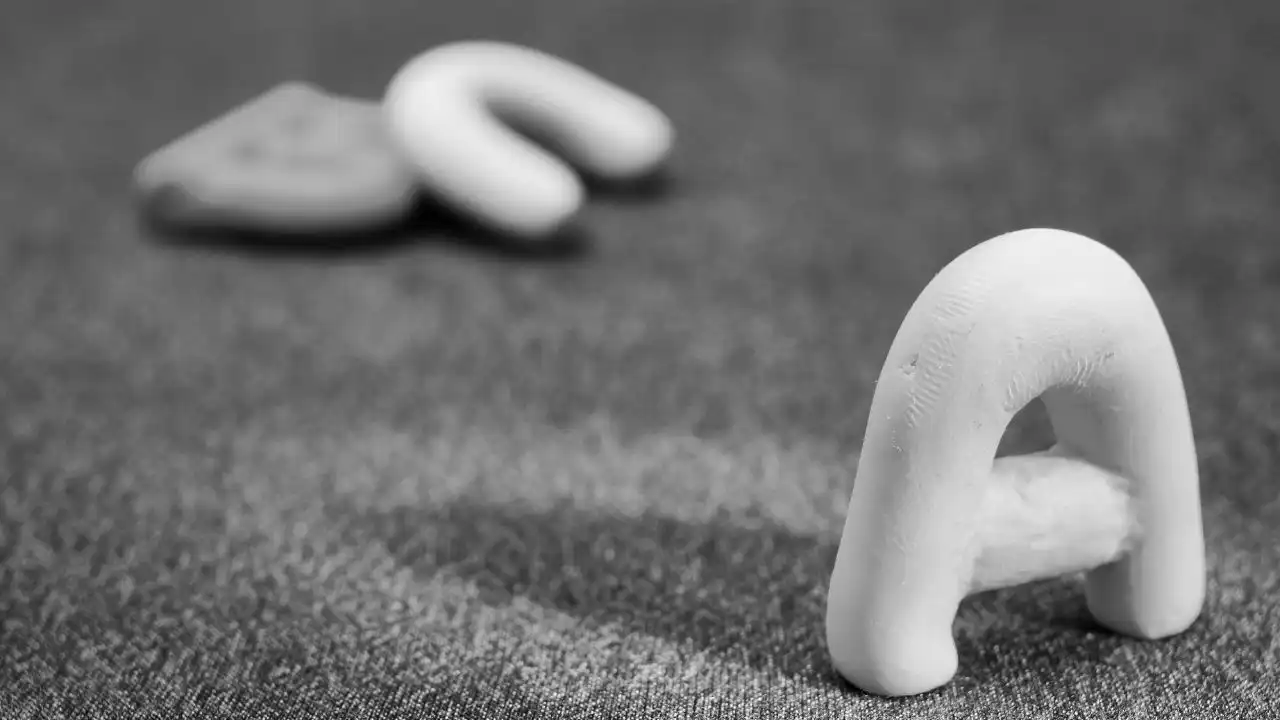
GRE Newsletter Subscribe
Enter your email address below and subscribe to our newsletter

Enter your email address below and subscribe to our newsletter

Hello folks, welcome to another, in a series of GRE Word List Blogs we bring to you each week to help boost your GRE Verbal Score, and assist in your GRE Preparation.
If you haven’t checked out our other GRE Word List Blogs, you can do so here.
In this week’s blog, we’re looking at Vowel words – words that contain all the vowels from the English alphabet. Worry not, these Vowel Words are still GRE-Level!
The words for this week are Equivocal, Utopianise, Oleaginous, Tenacious, and Ambidextrous.
Let’s dive right in!
Part of Speech – adjective
Definition – open to more than one interpretation; ambiguous.
Word Origins – from Latin aequus ‘equally’ + vocare ‘to call’.
Synonyms – uncertain, nebulous, inconclusive.
Usage – His answers to the attorney’s questions were all equivocal.

Equivocation is the name given to a magician’s practice where the viewer/audience has an illusion of free will to choose a card / perform an action, but where the magician is controlling all outcomes. Another name for this act is ‘forcing’, which seems pretty self-explanatory.
An example of equivocation – A magician may ask you to pick one of two cards.
If you pick the card they want you to have, it’s all good for them. If you pick the other one, they might take it for themselves, and hand you the other one.
So, either way, the outcome is exactly what the magician wanted.
Et, voila!
Part of Speech – verb
Definition – to idealize; to make utopian.
Word Origins – based on Greek ou ‘not’ + topos ‘place’ + –ise; the word was first used in the book Utopia (1516) by Sir Thomas More.
Synonyms – idealize, perfect (verb).
Usage – He ran for President with a dream to utopianise the country.
In the 1500s, Sir Thomas More wrote his magnum opus, ‘Utopia’, as a socio-political, satirical take on Christianity and medieval society. Utopia was an island with 54 cities, with each city divided into four equal parts.
Since it was satirical, it overplayed into classic Christian and conservative ideals of a perfect society, making the setting anything but perfect.
More considered the title ‘Nusquama’ first, which is Latin for ‘no place.’ He settled on Utopia, the Greek-inspired version later. Utopia is pronounced the same as Eutopia, which is Greek for ‘good place.’ This is how/why Utopia, a less-than-ideal city, came to be a byword for ‘paradise.’
For More on this, check out this article.

Part of Speech – adjective
Definition – rich in, covered with, or producing oil; exaggeratedly and distastefully complimentary.
Word Origins – from Latin oleaginus ‘of the olive tree’, from oleum ‘oil’.
Synonyms – obsequious, smarmy, greasy.
Usage – The oleaginous salesman convinced me to buy a more expensive car than I needed.
Yes, it’s a terrible pun. But please read on, to see the tenuous link I try and establish between him, and the actual subject of this short tangential trivia piece.
Ole Gunnar Solskjaer currently manages Manchester United Football Club. The club’s owners are the Glazers. Avram Glazer, the Co-Executive Chairman of Manchester United, used to be the CEO of the Zapata Corporation, which originated from an oil corporation.
Oil, that’s where we’re at.
From the early 2000s, billionaire owners and countries (yes, you read that right) began investing in European football. What was common among many of them? Oil money.
Here are a few examples of oil barons owning sports clubs: Manchester City by Saudi Arabians, PSG, by Qataris, and Chelsea by Abramovich, a Russian-Israeli oligarch.
Part of Speech – adjective
Definition – tending to keep a firm hold of something; clinging or adhering closely.
Word Origins – from Latin tenax, tenac– (from tenere ‘to hold’) + –ious.
Synonyms – determined, immovable, persistent.
Usage – Her tenacious attitude to her prep is what got her a great GRE Score.

Tenacious D is an American comedy rock duo. Jack Black and Kyle Gass are the two artists in the band. Their name is a reference to ‘tenacious defense’, a phrase first used by NBA commentator Marv. Their first single, “Tribute”, has achieved cult status since its release, with critics calling their fusion of comedy and rock music, ‘mock rock.’
Part of Speech – adjective
Definition – able to use the right and left hands equally well.
Word Origins – from late Latin ambidexter (from Latin ambi- ‘on both sides’ + dexter ‘right-handed’) + -ous.
Synonyms – deft, adroit, masterful (for dextrous in general).
Usage – An ambidextrous goalkeeper makes the team’s defence stronger.
In the olden days, being left-handed was considered a bad sign. People associated it with negative connotations, such as being unlucky or inauspicious. This is in contrast to dexter being used for right-handedness, which led to positive words like dexterity and ambidextrousness. In sports, left-handed athletes are called ‘Southpaws.’
In the famous movie (now series) Rocky, Sylvester Stallone came up with an apocryphal origin story for the word ‘Southpaw’. He claimed, ‘there was once a left-handed fighter in Philadelphia whose “arm was facing towards New Jersey,” so they called him a southpaw.’
Southpaws are generally believed to have a disadvantage in a lot of sports. But there are many who’ve overcome the odds to win, even if some of them are fictional.
Watch the video below or here to learn more about GRE Words!
Check out our Social Media where we’ll be posting flashcards for GRE Vowel Words and a lot more, regularly!
Check us out on our Social Media Handles!
Looking to start your GRE Preparation? Look no further. Check out our GRE Online Quant Course here.